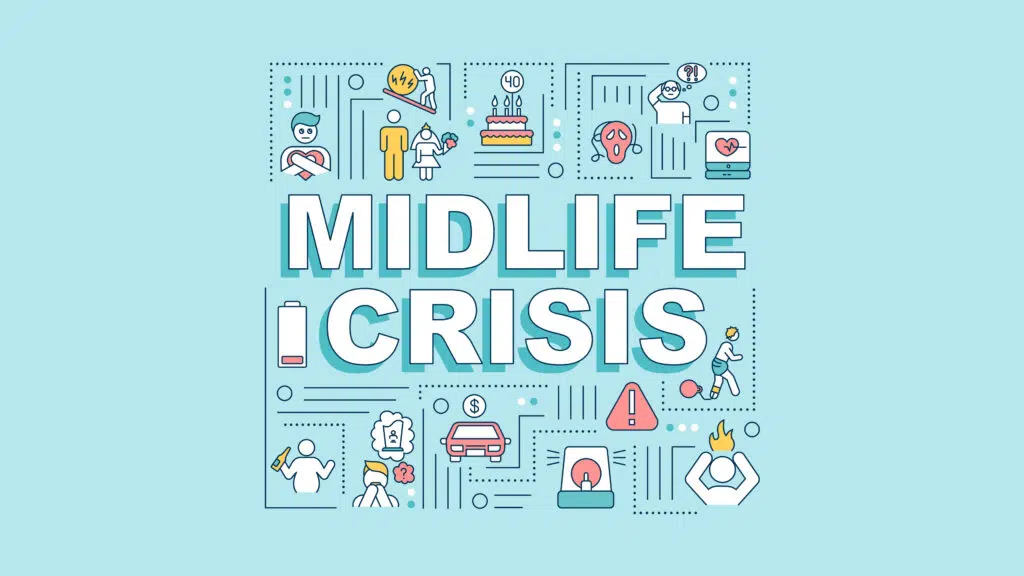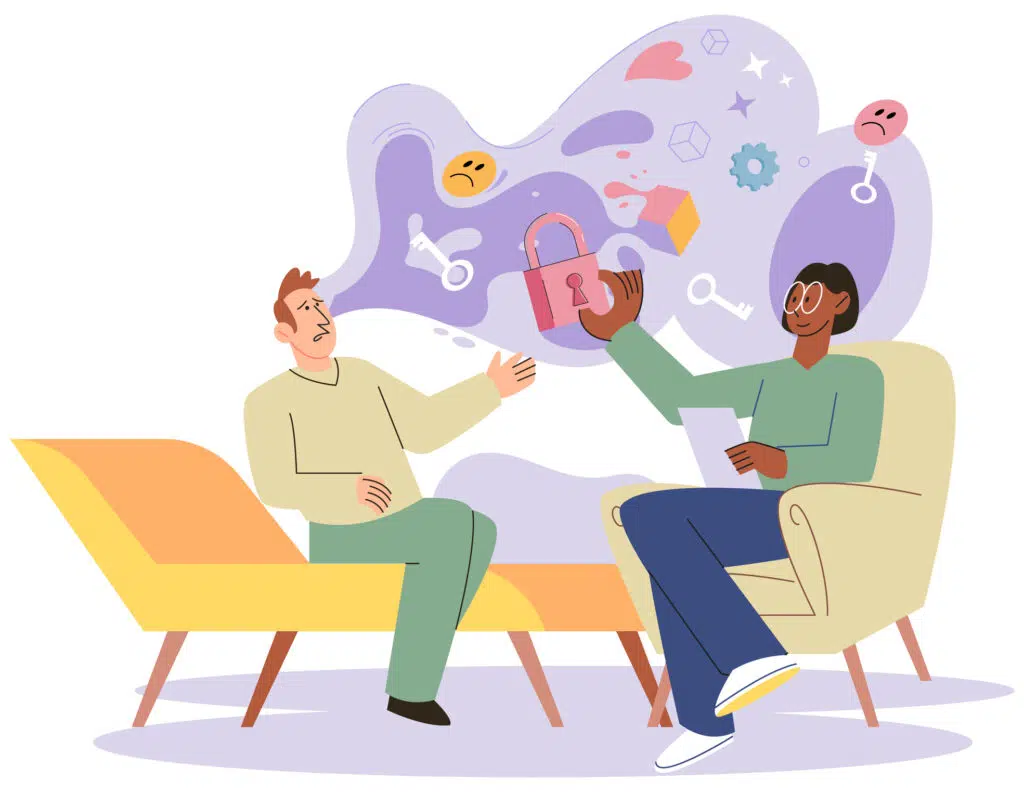How to Save a Troubled Relationship

Even the best of relationships can be challenging at times. If you’re struggling to see eye to eye with your partner, a family member, or a friend, the team at Thriving Center of Psychology can help.
The experienced team of therapists specialize in relationship challenges and offer comprehensive individualized and couples therapy to improve all aspects of relationships.
Recognizing the signs your relationship needs help
There are many reasons why you may feel your relationship is in trouble. Even the strongest relationships travel some rocky roads from time to time.
Some of the most common factors that can contribute to relationship struggles include:
- Infidelity
- Substance abuse
- Broken trust
- Blending families
Relationships can also falter if either partner experiences sexual dysfunction and intimacy problems or if there are issues surrounding sexuality, such as being gay, bisexual, or transgender.
Furthermore, if you or your loved one suffers a loss due to separation or death, the impact of this can also interfere with a relationship without the proper help.
Move forward by asking for help
Asking for help is a challenge in itself for some people. However, the team at Thriving Center of Psychology encourages anyone who is struggling in a relationship to seek help. The therapy staff offers compassionate, discreet therapy services for you and your loved one in a judgement-free, safe space.
The earlier you reach out for professional help with the therapy team, the faster you’ll be able to find resolution and peace. Your therapist will focus on the specific needs of your relationship. Through therapy, you’ll learn to communicate more effectively with your significant other, family member, or friend and develop coping skills to manage the differences that may seem difficult to overcome.
Relationship therapy will also provide resources to help you save and protect your marriage or other relationship in the long term.
Steps to building a healthy, happy partnership
Whether your conflict lies with your spouse, your parents, or a friend, relationship therapy is beneficial for anyone willing to improve themselves and enhance their relationships with others. Some of the focal points relationship therapy addresses include:
Looking ahead
Relationship therapy focuses on what’s ahead rather than what’s in the past. By working closely with your Thriving Center of Psychology therapist, you’ll be able to learn how to communicate, rebuild trust, and restore your self-confidence.
Reducing stress
Therapy will also help you deal with the stress of your relationships at home, at work, and in your everyday life. The relationship specialists will help you focus on reducing stress through physical activity and cognitive behavioral therapy and help you put your thoughts and feelings into perspective.
Eliminating stress can significantly reduce conflicts in your relationships and protect your overall health.
Communicating better
To improve the lines of communication in your relationships, your Thriving Center of Psychology therapist will give you the tools to speak in a manner that gets your point across without provoking an argument.
The therapy team will also emphasize the importance of being an active listener in your relationship and help both parties see things from each other’s perspective.
Managing expectations
As you work toward a stronger, healthier relationship, therapy will help you manage your expectations for the near and distant future. Your therapist will also help you set healthy boundaries in your relationships to prevent conflict down the road.
If you’re feeling stuck in an unhealthy relationship, rely on the expertise of the Thriving Center of Psychology team. You can schedule an in-person or online video teletherapy consultation by booking an appointment online or over the phone.

How Do I Establish Healthy Boundaries
We often talk about setting healthy boundaries in the workplace, in relationships, with technology, and with ourselves. But what is a healthy boundary, why should you have them for your mental health, and what’s the best way to establish healthy boundaries? Let’s dive in.

Millennials in Crisis: Survey Finds 81% Can’t Afford a Midlife Crisis
Are Millennials a generation in crisis? Millennials are aging. The oldest in the generation is now 43, and the youngest is now 28. With age comes wisdom, but it also often leads to regret, nostalgia, and introspective questions about where people are in life. With the generation quickly approaching “middle age,” many are starting to feel these pressures.

What Are Practical Strategies for Managing Depression?
The number of U.S. adults who have been diagnosed with depression is on the rise, with young adults and women experiencing the most significant increases. We know that the effects of depression can ripple through every aspect of your life.

What Are The Benefits Of Cognitive Behavioral Therapy?
Cognitive behavioral therapy goes beyond managing the symptoms but can help address the root cause of several mental health conditions. Backed by extensive research, CBT is an evidence-based approach that is shown to be effective across various populations.

